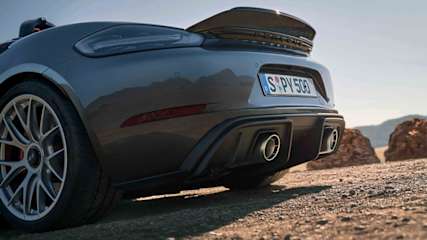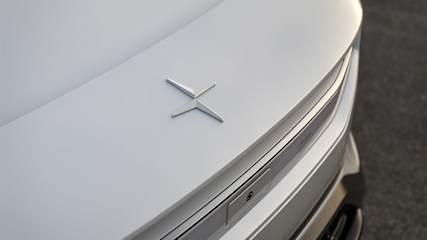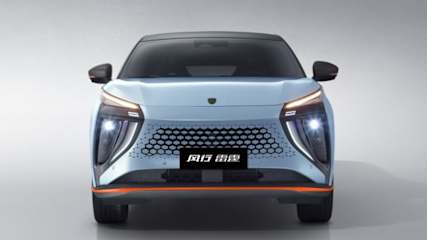‘Our customers would be really upset’: Polestar boss confirms hybrids were considered but slams other OEMs for pushing against Europe’s petrol and diesel ban
By Tim Nicholson · 17 Sep 2025
Polestar could have offered hybrids and plug-in hybrids alongside its all-electric models.The Swedish brand is famous for electric cars such as the Polestar 2 and the just revealed Polestar 5, but the company’s boss confirmed it gave serious consideration to adding hybrids to its range.Polestar is part of the enormous Geely group of brands that includes Volvo, Zeekr, Geely and more. These three brands currently sell, or will soon offer PHEVs and so called ‘Super Hybrids’ that combine traditional and PHEV tech for longer driving range. This means Polestar could have leaned on its parent company to supply hybrid power.Polestar CEO Michael Lohscheller said the brand's reputation among its owners was the deciding factor in saying no to future hybrids.“Of course, it's always a natural debate to have, right? And we said, look, I mean, maybe hybrid is also a good way to do business? But then we looked really at our DNA and said, ‘Okay, we can't compromise’. We cannot.“I mean, our customers would be really, really upset, because they value this very clear positioning, and that's why we then concluded the debate. Polestar will be EV only.”Polestar’s first model, the sleek, limited-run Polestar 1 coupe, had a plug-in hybrid powertrain so it’s not new territory for the brand. However, once the production run of 1500 examples sold out in 2022, that was it for the Polestar 1 and the carmaker’s sole attempt at a hybrid.Geely’s upcoming Starray EM-i is a so-called ‘Super Hybrid’ (MG and Chery also use this term) and it uses a 1.5-litre naturally aspirated four-cylinder petrol engine and an electric motor for a total system output of 193kW, and EV driving range of 83km.Lohscheller criticised other European carmakers for pushing for a softening of European Union legislation that will see internal combustion engines (ICE) banned in the region from 2035 on.“I'm probably the only one here at the IAA saying, like, ‘Hey, don't change the ban on ICE in Europe’. Everybody else said, move it. We are saying, No, we don't move it, right? Don't make any compromises.”Lohscheller said the global automotive industry is a tough business and the current transition of tech and powertrains makes it even more competitive. But he said that was no reason to slow down the transition to a zero emissions future.“But my point is, postponing things is not a solution, right? So if we all agree, and I'm sure we do, that the future of mobility is without emissions, then we have to go there. And I think the faster you get there, the better.“Delaying, in my experience, has never helped in any industry, right? And that's why we are advocating like, hey, let's do this. Let's do this. We have discussed this for years in Europe that we have the ban on ICE engines in 2035. This is still, like, 10 years away, right? So why now discuss this for two years and postpone it by five years? What's the benefit? It will come anyhow.“I mean, no politician in the world will be able to avoid it, right? Because the next wave of climate change will come. So we might as well invest into the future instead of, okay, let's invest into the past and delay everything. And I think that's a powerful argument. We want to invest into the future, and is this easy? No, not at all, but it's the right thing.”













.jpg)
.jpg)
